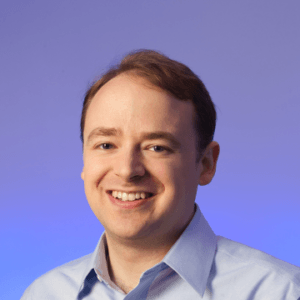Quantum and quantum-inspired methods for non-convex optimization
Stephen Jordan, Senior Researcher, Microsoft Thursday, Feb. 7, 4:30 to 5:20 p.m. in Bagley Hall, Room 154
Abstract
Non-convex optimization problems arise in many industrial contexts and are central to the theory of NP-completeness. It has been suggested that the phenomenon of quantum tunneling may allow quantum computers to solve some non-convex optimization problems exponentially faster than classical algorithms. In this talk, I will survey some research on quantum and quantum-inspired algorithms for optimization and present ongoing work on both theoretical and applied aspects of this subject. Prior knowledge of quantum computing will not be assumed.Bio


